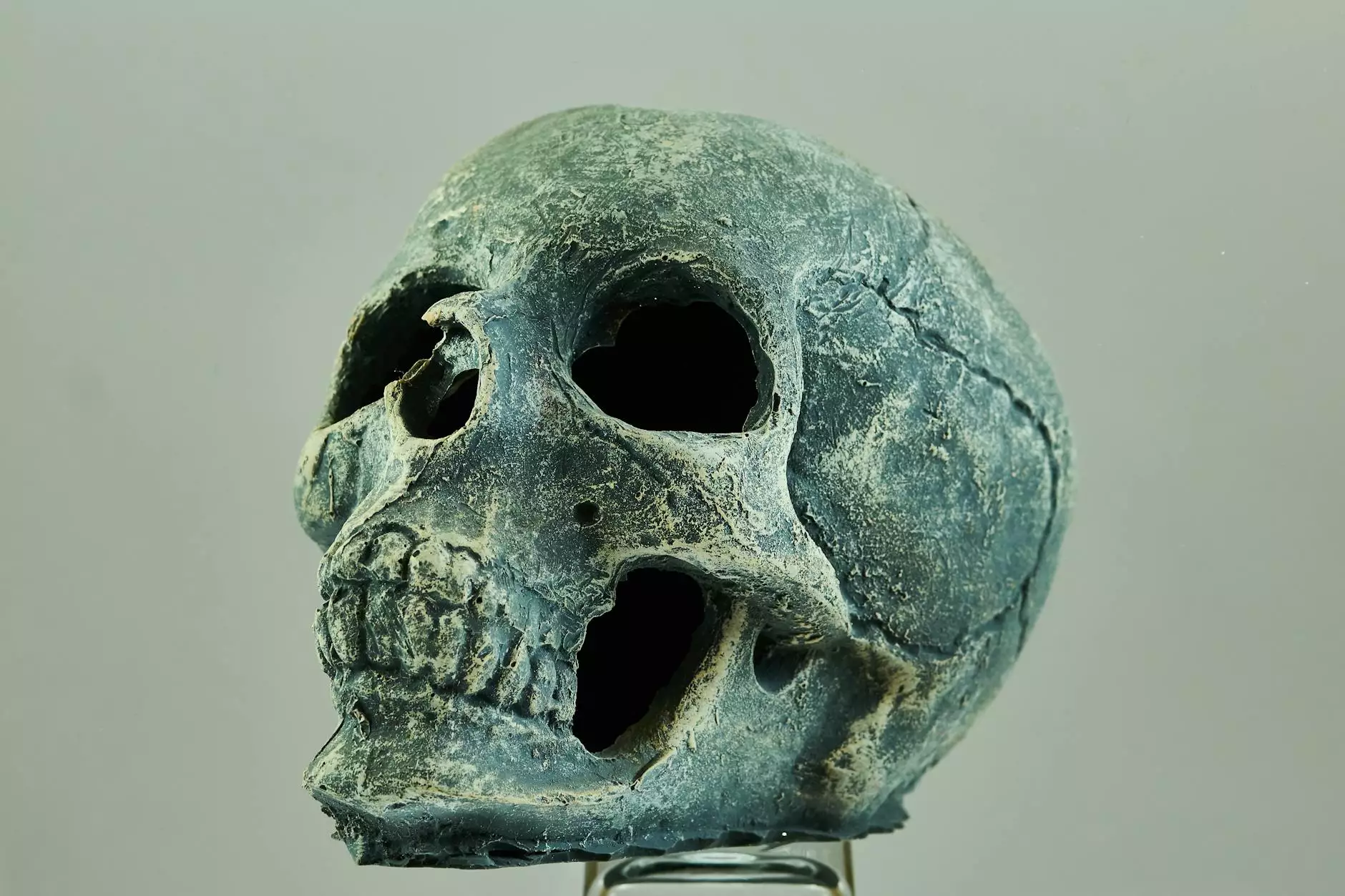Understanding Teeth Guards for Bruxism: A Comprehensive Guide

Bruxism, characterized by the involuntary grinding of teeth, affects millions of individuals worldwide. This common yet often overlooked condition can lead to significant dental damage, jaw pain, and other health issues. To combat the effects of bruxism, many individuals turn to a teeth guard for bruxism. In this article, we will explore the various facets of bruxism, the functionality of teeth guards, and the importance of seeking professional advice.
What is Bruxism?
Bruxism is defined as the habitual grinding or clenching of the teeth, typically during sleep. This condition can manifest in two primary forms:
- Sleep Bruxism: Involuntary grinding or clenching that occurs during sleep.
- Awake Bruxism: Conscious grinding or clenching that occurs while awake, often due to stress or anxiety.
Signs and Symptoms of Bruxism
Identifying bruxism can sometimes be challenging, as it often occurs during sleep. However, there are several signs and symptoms to look out for:
- Tooth wear: Flattened, fractured, or chipped teeth.
- Jaw pain: Discomfort or pain in the jaw or temples.
- Headaches: Frequent tension headaches, especially in the morning.
- Ear pain: Pain resembling earache due to muscle tension.
- Sleep disruption: Waking up frequently during the night or feeling unrested in the morning.
Consequences of Untreated Bruxism
If left untreated, bruxism can lead to numerous detrimental consequences, including:
- Dental Issues: Increased wear on enamel leading to cavities, sensitivity, and even tooth loss.
- TMJ Disorders: Problems with the temporomandibular joint can result from severe grinding and clenching.
- Chronic Pain: Long-term bruxism may cause chronic pain in the jaw, neck, and even shoulders.
The Role of Teeth Guards in Managing Bruxism
One of the most effective solutions for managing bruxism is the use of a teeth guard for bruxism. These dental devices are designed to fit comfortably over the teeth, acting as a protective barrier that absorbs the forces exerted during grinding or clenching. Here’s how they can help:
1. Protection Against Tooth Damage
A teeth guard acts as a cushion between your upper and lower teeth, significantly reducing the risk of damage caused by clenching and grinding. This protective barrier can prevent the wear and tear associated with enamel loss, fractures, and dental injuries.
2. Alleviation of Pain and Discomfort
Using a teeth guard can help relieve pressure on the jaw muscles, leading to reduced pain and discomfort. Many users report a significant decrease in morning headaches and jaw pain after consistently using a bruxism guard.
3. Improved Sleep Quality
By mitigating the effects of grinding and clenching, fatigue and discomfort may be reduced, leading to a more restful sleep experience. A teeth guard promotes better sleep hygiene, allowing users to wake up refreshed.
4. Reduced Risk of TMJ Disorders
By alleviating the excessive pressure on the jaw muscles and joints, teeth guards can help prevent the onset of temporomandibular joint (TMJ) disorders. This can lead to a healthier, more comfortable jaw function.
Selecting the Right Teeth Guard for Bruxism
Choosing the most suitable teeth guard for bruxism involves several considerations. Here are some essential factors to keep in mind:
- Type of Teeth Guard: There are various types of teeth guards available, including soft, hard, and dual-laminate options. Soft guards may provide comfort but may not be as durable as hard guards. Dual-laminate guards offer a blend of both for comfort and durability.
- Custom-fit vs. Boil-and-Bite: Custom-fitted guards, made by dental professionals, provide the best fit and protection. Boil-and-bite options offer more affordability but might not provide the same level of comfort and effectiveness.
- Material: Ensure that the guard is made from high-quality, BPA-free materials to avoid any adverse health effects.
- Comfort Level: It is crucial that the guard feels comfortable during use. An uncomfortable guard may lead to further issues, such as increased jaw tension.
- Duration of Use: Some individuals might only need to wear the guard at night, while others may require it during the day, depending on their bruxism severity.
Benefits of Using a Teeth Guard for Bruxism
The benefits of using a teeth guard for bruxism extend beyond just dental protection. Here are some of the top advantages:
1. Cost-Effective Dental Care
Investing in a teeth guard may seem like an upfront cost, but it can save you significant dental expenses in the long run by preventing damage and associated treatments.
2. Enhanced Oral Health
By protecting your teeth from excessive wear and damage, a teeth guard contributes to better overall oral health and reduces the likelihood of developing other issues such as cavities or gum disease.
3. Stress Reduction
For individuals whose bruxism is related to stress, using a teeth guard can be part of a broader strategy for managing anxiety and promoting relaxation during sleep.
4. Easy Maintenance
Teeth guards are typically easy to clean and maintain, requiring only a regular rinse and cleaning with a soft toothbrush to keep them in good condition.
Consulting with Dental Professionals
Before opting for a teeth guard for bruxism, it is crucial to consult with a dental professional. Here are some steps to follow:
- Diagnosis: A dentist can accurately diagnose the severity of your bruxism through examination and discussion of your symptoms.
- Recommendation: Based on your dental health evaluation, your dentist may recommend the most suitable teeth guard for your needs.
- Follow-up: Regular follow-up appointments can help monitor your bruxism and the effectiveness of the guard.
- Additional Treatments: Your dentist might also suggest other treatment options such as stress management techniques, behavioral therapy, or orthodontic adjustments.
Conclusion
Bruxism is a common yet impactful condition that can lead to a range of health issues when left untreated. Utilizing a teeth guard for bruxism represents an essential step in managing bruxism effectively. By protecting your teeth, reducing discomfort, and promoting better sleep, teeth guards play a critical role in maintaining dental and overall health. If you suspect you are suffering from bruxism, do not hesitate to reach out to your dentist for guidance on the best protective measures available.
With the right tools and professional care, you can mitigate the effects of bruxism and enjoy a healthier, pain-free lifestyle.









